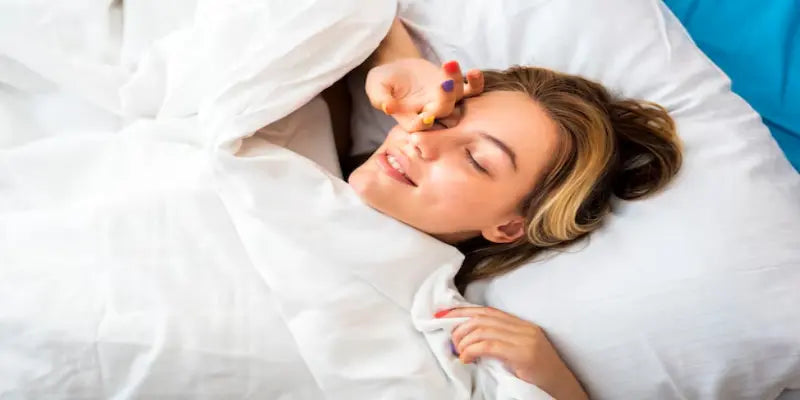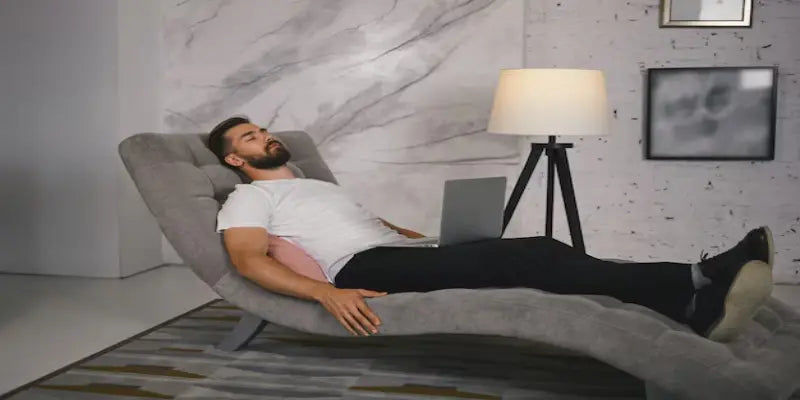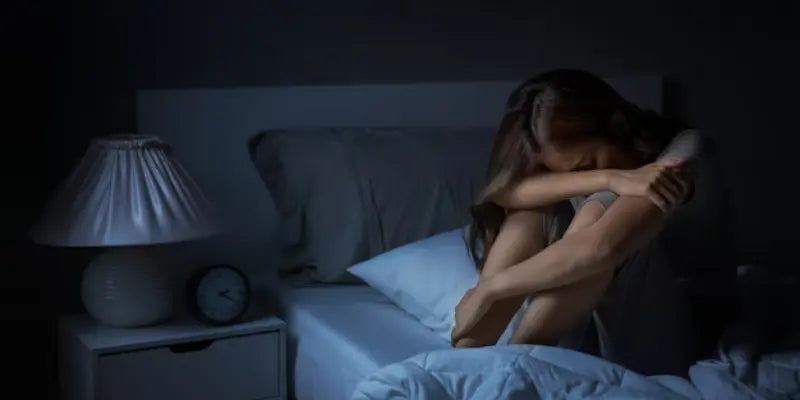
Understanding Micro Sleep: Causes and Dangers
Does it ever happen to you, you're watching a movie and suddenly jerk yourself awake or you are driving at night and are awakened as your vehicle crosses a rumble strip. In both cases, you had a microsleep. Scientists refer to this break in consciousness as a "micro sleep." It may appear harmless, but these brief sleep episodes can be highly harmful, especially if they occur while you are doing something vital, such as driving or operating machinery.
What is Micro Sleep?
Microsleep is defined as intervals of sleep lasting a few to several seconds. People who go through these moments may fall asleep unconsciously. Some people may experience an episode in the midst of doing an important task.
It can happen anywhere, whether at work, school, or while watching television. Microsleep episodes can occur while driving or operating machinery, making this a potentially dangerous condition.
Several situations can lead to microsleep, such as sleep disorders, including insomnia and obstructive sleep apnea, can produce drowsiness
But it's not just lack of sleep that can trigger micro-sleeps. Factors like stress, boredom, and monotony can also play a role. Have you ever sat through a boring lecture or a long meeting and found yourself drifting off? That's your brain's way of trying to escape the monotony by taking a quick nap.
Cause of Micro Sleep
Microsleep is more common when someone is sleep deprived. The great majority of microsleep events occur at night while driving. Drivers who drive at night often grow weary. They typically have places to go or deadlines to meet, so they force themselves to keep going.
Sleep problems may also increase the likelihood of having microsleep episodes. Potential contributors include:
- Sleep Apnea
- Periodic Limb Movement Disorder.
- Narcolepsy
- Circadian Disorders
Many of these diseases cause fragmentation of sleep and wakefulness, increasing the likelihood of an unexpected transition between the two.
The precise cause of microsleep is unknown, however it is thought to occur when certain areas of the brain fall asleep while others remain awake.








